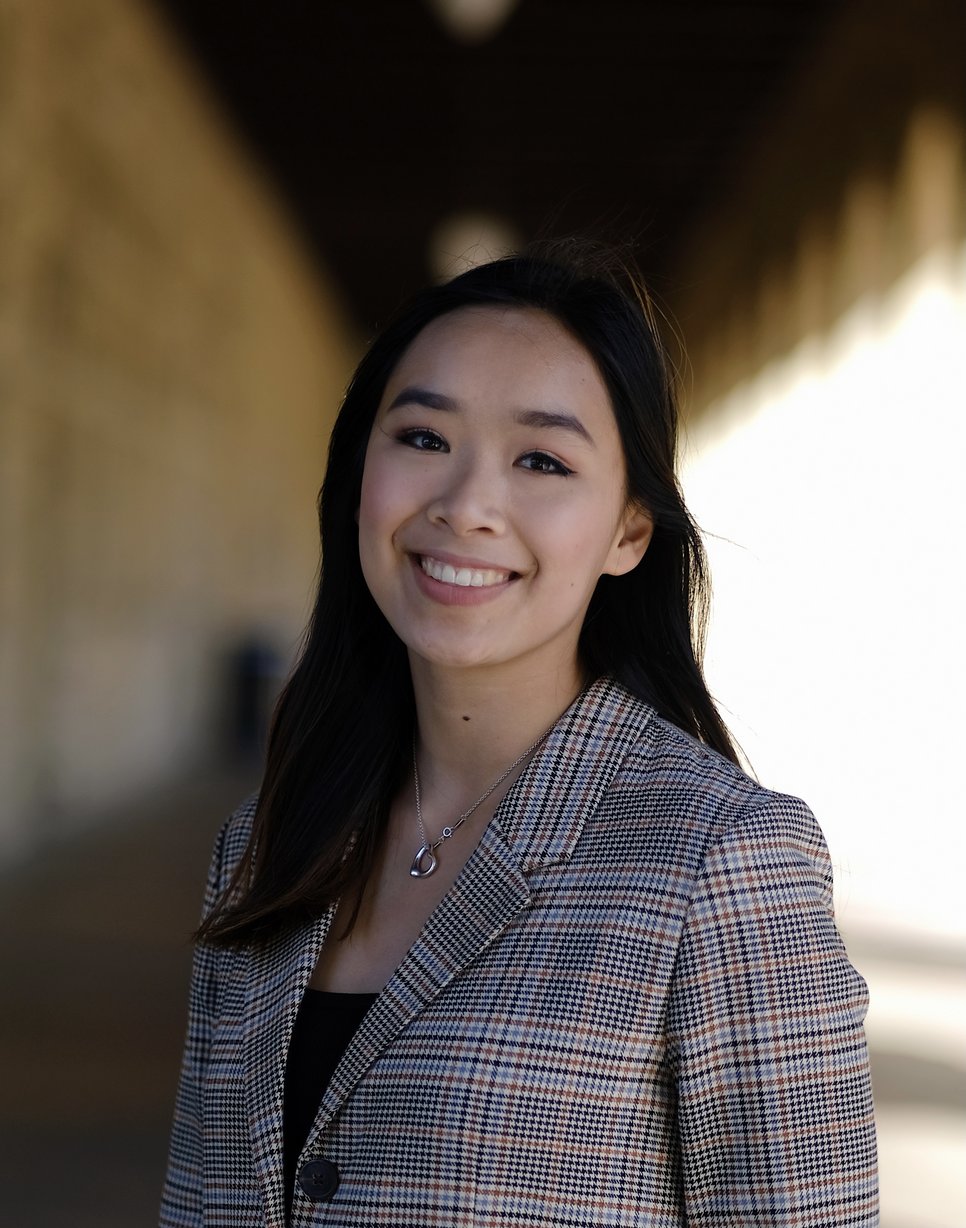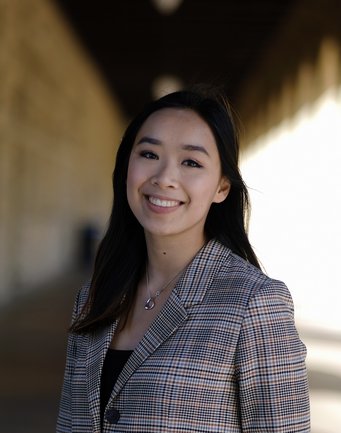Interview with URO participant Khanh Tran
How did you come across the Matter to Life URO program?

My university is only 12 miles from my childhood home, which is both a blessing and a curse! For this summer, I wanted to do research at a prestigious institute overseas to experience life away from home, and the first place I thought to look was the Max Planck Society. I later found this program which seemed like a fantastic fit for me, since I'm interested in Bioengineering.
Why did you decide to go to Germany for your research internship?
As I mentioned in the previous question, the primary reason I went to Germany was for the Max Planck Society. Beyond that, though, I'd always thought of Germany as a hub for all things science and discovery. I grew up in the San Francisco Bay Area, where there is a huge emphasis on working in computer science. I've never been particularly drawn to that field, so I was super eager to go to a place where people are really excited about the biological sciences. Culturally speaking, Germany is also a source of fascination for me. The country truly is diverse in terms of landscape, architecture, and culture. A 2-hour train ride would take me from Heidelberg, a lovely city of old-world architecture centered around a castle, to Frankfurt, an urban landscape dominated by skyscrapers. I truly believe that Germany offers something for nearly everybody.
What are you currently studying and why are you interested in interdisciplinary research?
I'm currently studying Bioengineering, with past research experience in neuroscience. I'm not exactly sure what I want to focus my studies on within the vast field of Bioengineering, but a broad goal of mine is to work on technologies that improve human health. I believe that a project of that scope requires input from experts across biological and engineering disciplines. To understand and later contribute to these efforts, I want to study the confluence of these subjects, hence my interest in interdisciplinary study.
What were the main aspects of your research during the internship?
I was building an analysis pipeline that could be used to understand how certain drugs affect cancer cells. To complete this project, I had to learn 2 things: How to code in R, and the concepts and techniques of the cancer organoid field. There was a lot of information to absorb in 10 weeks, but I found the fast-paced learning environment to be extremely rewarding.
What surprised you during your internship?
I was very surprised by how much independence I was given in this project. I spent the first 2 weeks learning basic techniques, but afterwards I was released to plan my own experiments and build my own schedule (with input from my mentor, of course). Honestly, it was intimidating sometimes to go about certain things on my own in a foreign research environment, but I think that figuring things out on my own was crucial to developing initiative – a very important skill as I progress in my scientific career.
What did you gain from the internship?
I don't know where to start with this one! As I said before, I picked up not only technical knowledge about cancer organoids and programming, but also skills such as initiative and resourcefulness that will benefit me in many aspects of life. Furthermore, I was able to learn so much from my mentor, who truly pushed the boundaries on what I thought was possible for a scientist to accomplish on a day-to-day basis (for example, by the time I'd come to the lab that summer, she'd already completed 100 experiments in 2022!). Finally, being in Germany as a foreigner gave me a lot of perspective on how people in different parts of the world think, interact, and see the world around them. I expanded my worldview, both in the lab and out.
